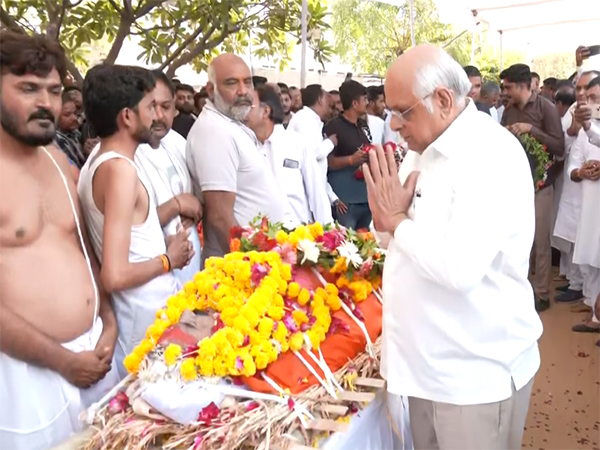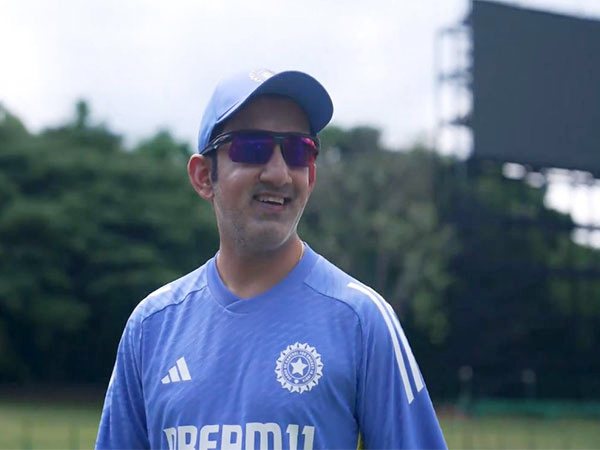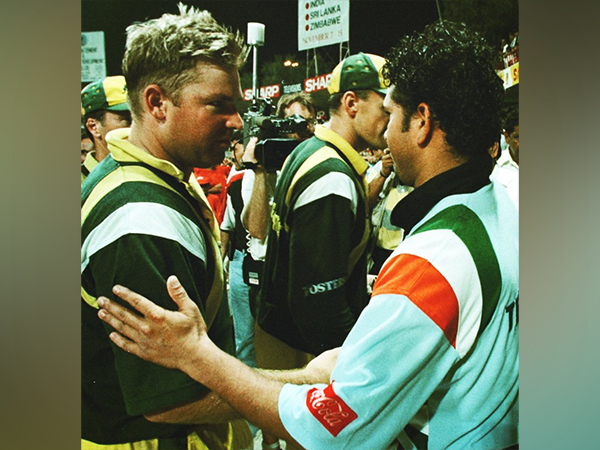Need conflict-sensitive approaches for rehabilitation of children of foreign terrorist fighters, says envoy Naidu at UN
Jan 29, 2021

New York [US], January 30 : India recognizes the need to develop conflict-sensitive approaches to ensure prosecution, repatriation, and rehabilitation of children of foreign terrorist fighters (FTFs), said Nagaraj Naidu, Ambassador and Deputy Permanent Representative of India's Mission to UN.
Ambassador Naidu made these remarks at the United Nations Security Council Open Arria Formula meeting on the issue of "Children and Armed Conflict: Repatriation of Children from Conflict Zones: From Camps to Homes. Call for Action."
Raising concern about a recent trend in global terrorism, Naidu said, "For terror groups, children are most susceptible to manipulation. Used as guards, spies, cooks, suicide bombers or human shields, these terror groups understand that children cannot fully grasp the inherent danger of combat, have an underdeveloped sense of right and wrong.
India's Deputy Permanent Representative said that the treatment of children affected by the FTF phenomenon should be based on the fulfillment of their rights as defined by the international human rights law, in particular the Convention on the Rights of the Child (CRC) and the International Covenant on Civil and Political Rights (ICCPR) and the international humanitarian law.
"The Convention on the Rights of the Child establishes States parties' obligations to promote the rehabilitation and social integration of children affected by armed conflict in an environment which fosters the "health, self-respect, and dignity of the child". Council Resolution 2396 (2017) also encourages States to develop appropriate legal safeguards to ensure that PRR strategies concerning children comply with gender and age sensitivities," he added.
Ambassador Naidu further said although some member states have begun repatriating children of FTFs, the pace has been slow. "It is thus evident that circumstances of the situation will determine whether the children of FTFs can be taken back or not, given national legislation and/or absence of clear evidence for their claim," he said.
"In view of the complexity of the situation, we are supportive of any UN-led effort aimed at identifying solutions informed by an understanding of the rights and interests of the children of FTFs and implemented in a manner that is consistent with human rights, humanitarian law, and respective national laws," he added.


















